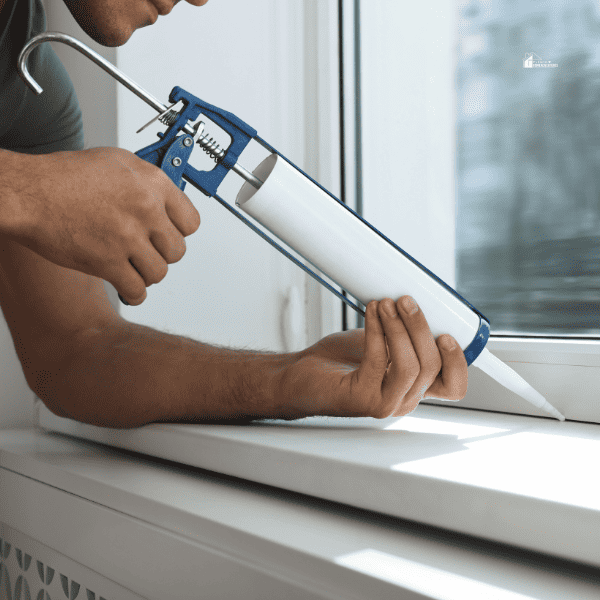5 Clever Ways to Reduce Your Heating Bill
This post may contain affiliate links which might earn us money. Please read my Disclosure and Privacy policies hereWith the chill of winter often comes the dread of rising heating costs. Homes across the country fire up their heating systems, and the subsequent energy bills can be daunting. However, managing your home's heating efficiency doesn't have to be a budget-breaking endeavor. Implementing strategic changes allows you to enjoy a warm home without financial stress.

Simple But Effective Ways to Lessen Heating Bill
Here are five effective strategies to reduce your heating bill and enhance your home's energy efficiency.
Reducing your heating bill is beneficial for your wallet and the environment. You can markedly decrease your energy usage and save money during the colder months by employing simple yet effective methods.
1. Upgrade to a Smart Thermostat
Having a smart thermostat installed in your home is one of the most impactful steps. These devices optimize your home's heating by learning your schedule and adjusting temperatures accordingly. For example, the thermostat can lower the heat when you're not home and bring it back up just before you return, ensuring your home is warm when needed without wasting energy. Studies have shown that smart thermostats provide up to 23 percent savings on monthly heating and cooling costs.
2. Seal Windows and Doors
Drafty windows and doors are common heat loss culprits, leading to increased energy bills. Sealing these leaks with weatherstripping or caulking is a cost-effective way to enhance your home's insulation. This simple fix can prevent cold air from entering and warm air from escaping. It will reduce the workload on your heating system and lower your energy consumption.
However, if simple sealing won't do, consider replacing your windows with energy-efficient ones. Windows, particularly older ones, can be a significant source of heat loss, even if they appear well-sealed.
Energy-efficient windows come with technologies specifically aimed at reducing energy use. These include features like double or triple glazing, inert gas fills between panes, low-emissivity (low-E) coatings, and improved frames.

3. Maintain Your Heating System
Regular heating system maintenance ensures it runs efficiently and at peak performance. This includes cleaning or replacing filters, checking ductwork for leaks, and having a professional technician inspect and tune up the system annually before the cold season begins. If you find faults with your current system, looking to get a brand new furnace installation for better efficiency could be a great move here. A well-maintained heating system uses less energy to heat your home, reducing energy bills.
4. Use Heating Zones Wisely
If your home has a zoned heating system, make the most of it by heating only the areas in use. Lowering the temperature in unused rooms can significantly reduce your overall energy consumption. Thermostatic radiator valves can help manage this by allowing you to control the heat in individual rooms.
5. Increase Insulation
Adding insulation to your home is a powerful method to reduce heating costs. Key areas to focus on include the attic, walls, and floors. Proper insulation aids in maintaining a consistent temperature throughout the house, reducing the need for your heating system to work overtime. The initial investment in insulation can lead to long-term savings by significantly cutting down your heating needs.

How to Save on Your Heating Bill
Effectively managing your home heating is a straightforward way to enjoy comfort without unnecessary expense. Here's a recap of the top strategies:
- Smart Thermostat: Automate heating schedules to reduce energy wastage.
- Seal Leaks: Improve your home's envelope to keep heat in and cold out.
- System Maintenance: Keep your heating system in optimal condition to avoid overuse.
- Heating Zones: Only heat spaces are currently being used to cut down on unnecessary heating.
- Boost Insulation: Enhance insulation to prevent heat loss and improve efficiency.
Implementing these methods will lower your heating bills and lead to a more energy-efficient and environmentally friendly home. As winter approaches, consider these strategies to maintain warmth and comfort while keeping your expenses in check.






